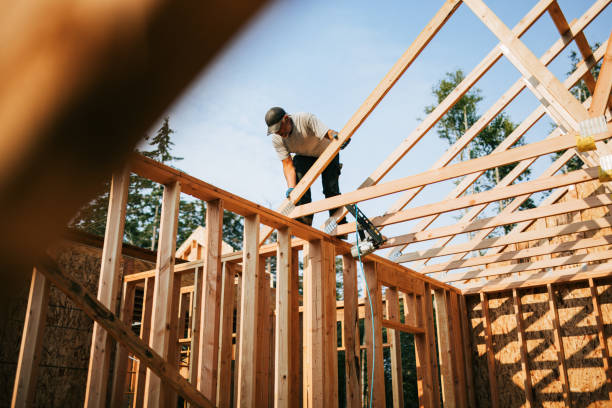How to Waterproof Wood Protect Furniture and Property
Waterproofing wood protects furniture, doors, and decks from moisture and decay. Learn how with African Land’s property care tips.
How to Waterproof Wood — Protect Your Property Investment
Wood adds warmth and natural beauty to any property, whether in Lagos, Abuja, Accra or anywhere across Africa. But without proper protection, wood can easily absorb moisture, swell, rot, or crack — especially in humid or coastal environments. Understanding how to waterproof wood is essential for every homeowner, landlord, or developer who wants to protect long-term property value.
Why Waterproofing Wood Matters
-
Moisture Protection: Unsealed wood absorbs water quickly, leading to warping, mold, and decay.
-
Durability: Waterproofing extends the life of wood furniture, decks, doors, and frames.
-
Aesthetic Value: Proper sealing preserves wood’s natural color and finish.
-
Cost Savings: Preventing damage is cheaper than repairing or replacing rotted structures.
-
Property Appeal: Well-maintained wood elements add to the elegance and value of your property.
Types of Wood That Need Waterproofing
-
Outdoor Decks and Pergolas – Exposed to rain and sunlight.
-
Wooden Doors and Window Frames – Affected by condensation and weather changes.
-
Furniture and Cabinets – Vulnerable to spills or humidity.
-
Flooring and Paneling – Especially in coastal cities like Lagos or Accra.
Step-by-Step: How to Waterproof Wood
1. Clean and Dry the Surface
Wipe off dust, grease, or old finishes using sandpaper or a dry cloth. Make sure the wood is completely dry before applying any waterproof product.
2. Choose a Waterproofing Product
Common options include:
-
Wood Sealers: Penetrate the wood to block moisture while keeping the natural look.
-
Wood Oil (Linseed or Tung Oil): Ideal for indoor furniture and rustic finishes.
-
Stain-Sealant Combos: Add color and protection at once—great for decks or fences.
-
Varnish or Polyurethane: Create a hard, glossy, water-resistant coating.
3. Apply the First Coat
Use a paintbrush or roller to apply the product evenly along the wood grain. Avoid over-saturating.
4. Let It Dry
Allow the first coat to dry completely (check product instructions—usually 12–24 hours).
5. Apply Additional Coats
For outdoor wood, at least two to three coats are recommended for maximum protection.
6. Regular Maintenance
Re-seal your wooden surfaces every 1–2 years, especially if they’re outdoors or in high-moisture areas.
Professional Waterproofing for Property Owners
If you manage multiple properties or high-value projects, hiring professional waterproofing services is more efficient. Experts use industrial-grade sealants and equipment, ensuring long-lasting results. They can also advise on the right products for Lagos’s humid climate or Accra’s coastal conditions.
How African Land Helps
At African Land, we help property owners and real-estate investors protect their assets. Whether you’re waterproofing a deck in Lekki, a wooden gate in Abuja, or interior panels in Accra, our platform connects you with certified wood treatment and maintenance professionals who deliver reliable results.
Waterproofing wood isn’t just maintenance — it’s part of smart property management and long-term investment protection.


Comments